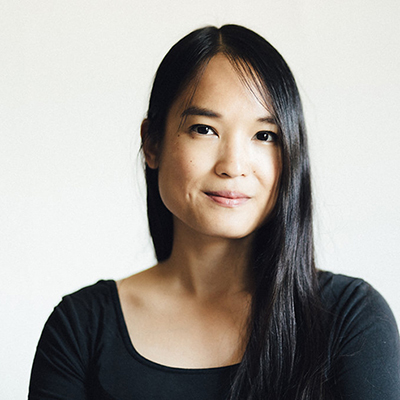Last year, S. Trimble, an assistant professor at U of T’s Women and Gender Studies Institute, was teaching a new undergraduate course on sports when she had an idea for getting students out of the classroom: why not play a sport together? She organized a game of dodgeball (attendance voluntary), and 10 students showed up. They played twice more that term and had a hoot. Trimble branded the group the Feminist Sports Club.
“We have a lot of students who have a fraught relationship with the gym,” says Trimble, who describes herself as not an especially sporty person. “If you were bullied or socially anxious, the process of picking teams or competing against your peers could bring out all that stress.” So, one purpose of the club is to get students to reconsider their relationship to athletics. “It’s about recognizing that we belong in the gym, too” she says.
At another level, the club encourages students – many of whom are teaching assistants and aspiring educators – to make learning more experiential. “What does it mean to engage with students in a totally different environment?”
For the current academic year, the Feminist Sports Club has expanded and is now open to all graduate students at the Women and Gender Studies Institute, and some undergraduates – about 300-400 students in total. Dodgeball will be offered again, along with basketball, dancing (both line and Bollywood-style) and a few surprises.
For club members, “there’s an understanding that the results matter a lot less than the process,” says Trimble. “It takes a lot of gumption to walk into a gym, and our approach is that you’ve already won just by showing up. But who knows how this will evolve over time? That’s the fun of Feminist Sports Club. We’re a creative, collaborative, rule-bending bunch.”







No Responses to “ U of T’s Feminist Sports Club Is Here to Bend the Rules ”
How do you think the approach of inviting non-athletes to try out games like dodgeball and basketball could challenge traditional ideas about sports and gender? It seems like an excellent way to break down barriers, but what kind of impact do you think this could have on the broader sports community?